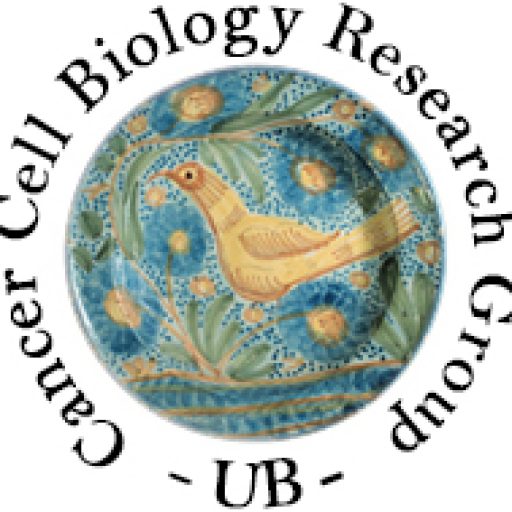.
The Cancer Cell Biology Research group is mainly focused on the identification and preclinical development of new antitumor drugs to treat cancer, especially lung cancer. Thus, we are interested in the study of cellular and molecular alterations that confer adaptive advantages to cancer cells, facilitating the process of carcinogenesis and/or resistance to treatments, in order to find therapeutic targets and novel potent specific drugs that effectively inhibit these targets.
It is a multidisciplinary group with high expertise in Biomedical research, which maintains permanent collaborations with clinicians, chemists and bioinformaticians in order to carry out translational projects in the field of Oncology. Among the methodologies used in these projects, we highlight studies with cell lines, 3D or primary cultures, as well as safety and therapeutic in vivo studies in cancer mouse models (ectopic or GEMMs) in order to elucidate the drug molecular mechanism of action and the therapeutic efficacy of the potential new chemotherapeutic drugs.
The group was founded by Dr. Pérez-Tomás in 1998 and his research interests are mainly focused on the modification of cellular pH by anionophoric substances as a new therapeutic strategy for the treatment of cancer.
More recently, Dr. Soto-Cerrato has started a new research line focused on studying mechanisms that confer treatment resistance to tumors. She is currently interested in the preclinical development of inhibitors of antiapoptotic proteins for cancer treatment and tumor sensitization to conventional treatments.
The group is also participating in a collaborative project with Ecopol Tech S.L. company for the development of a new drug delivery system to increase drug release to tumors while decreasing drug toxicity of conventional chemotherapy through a novel nanoencapsulation system.
